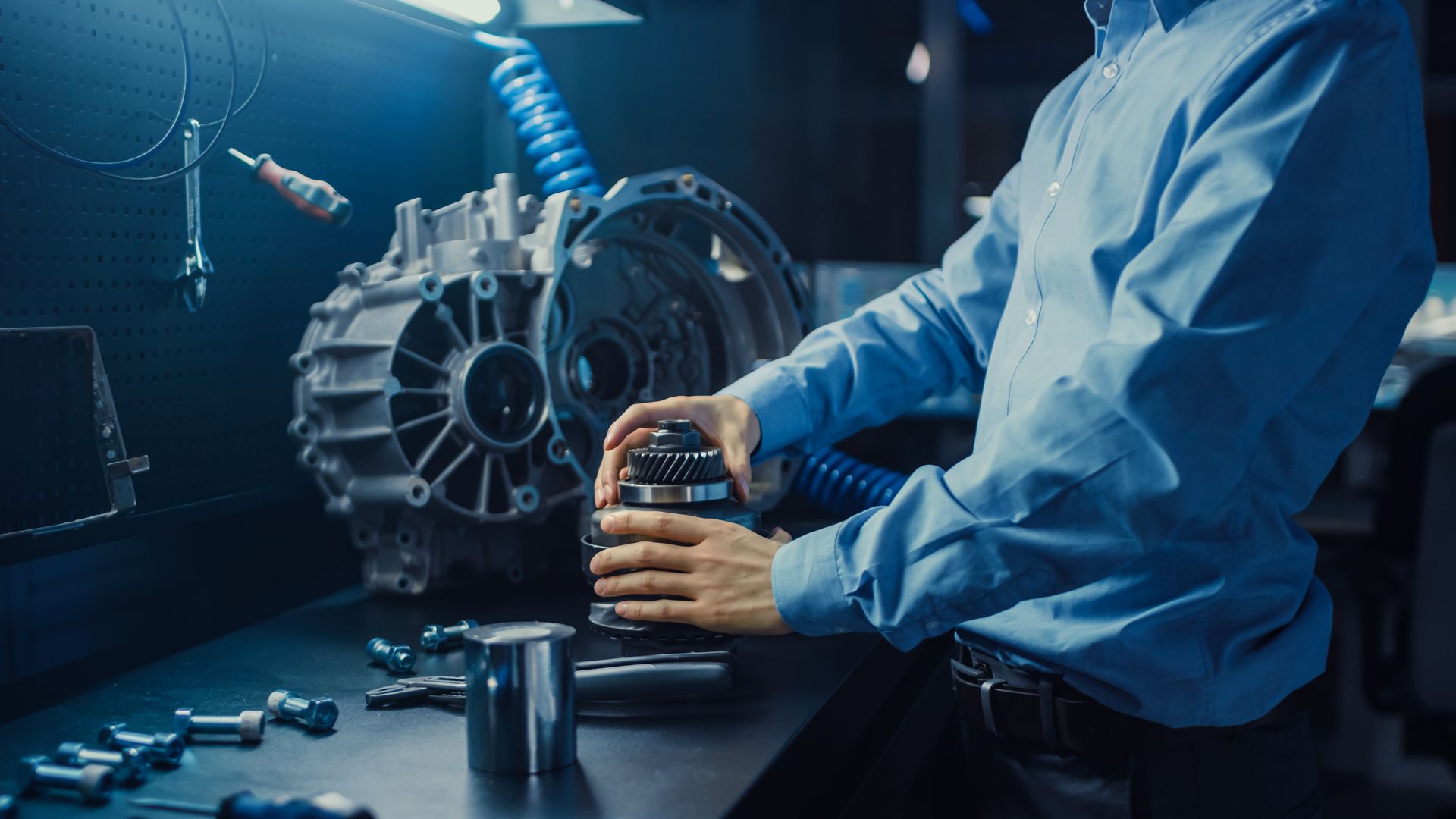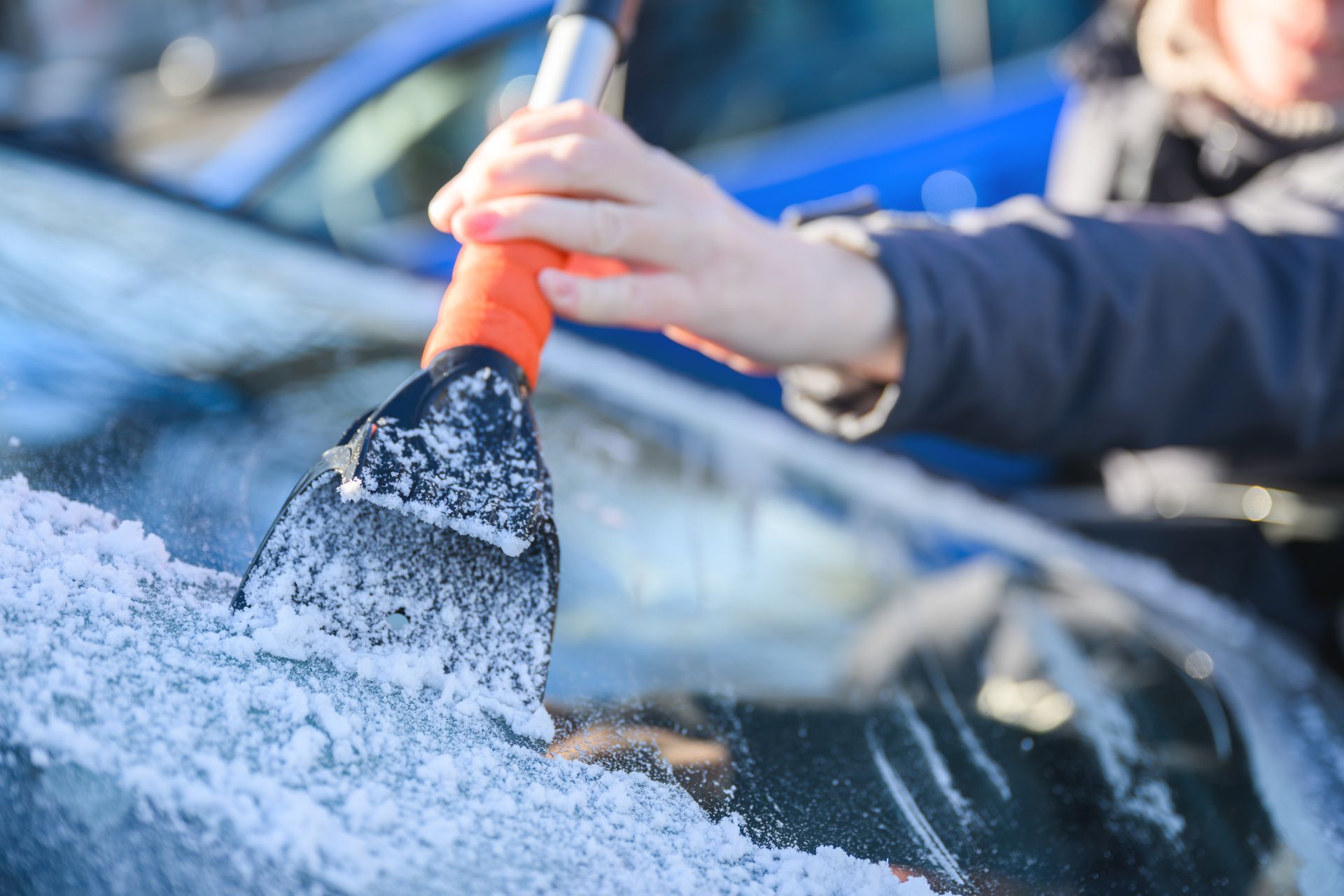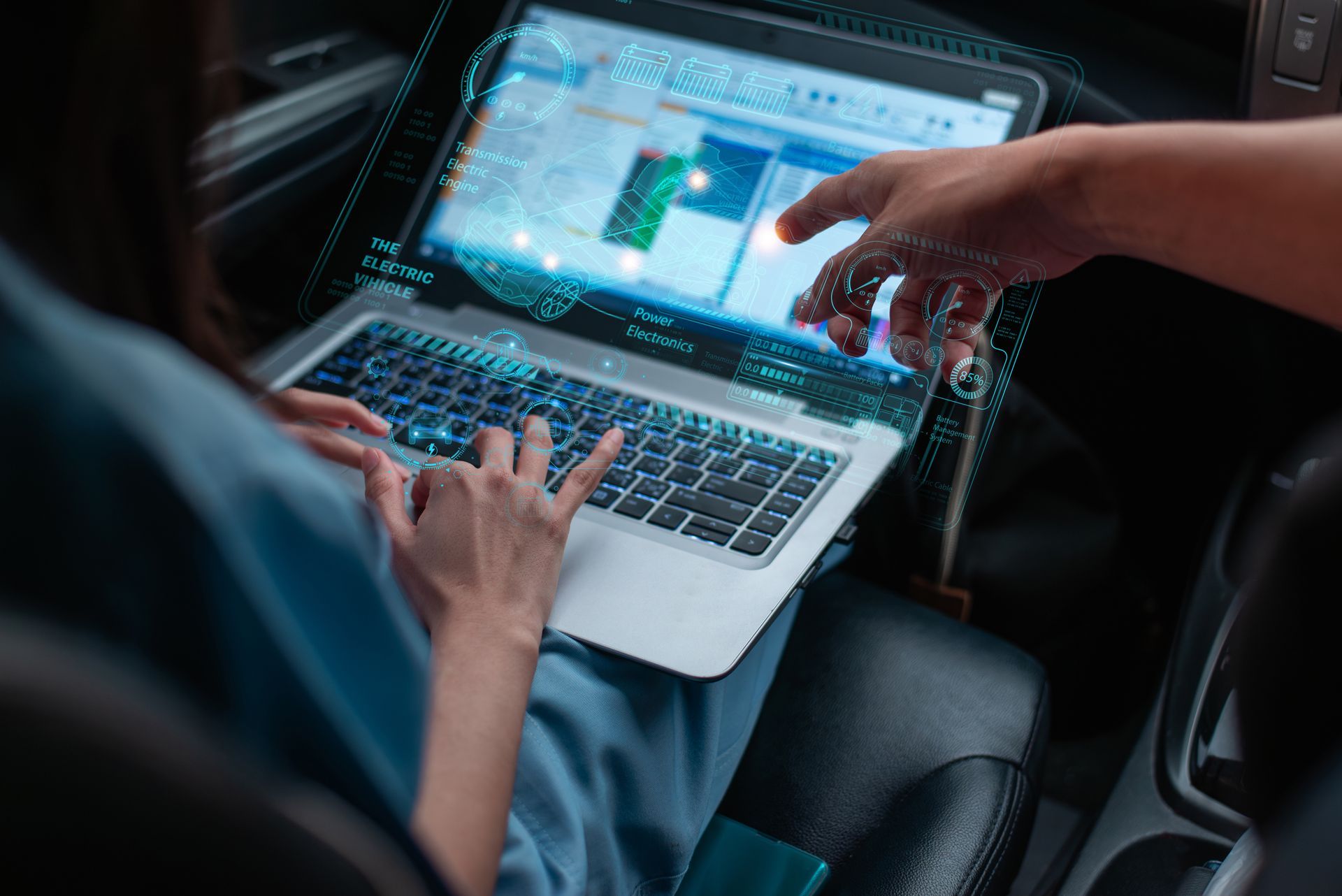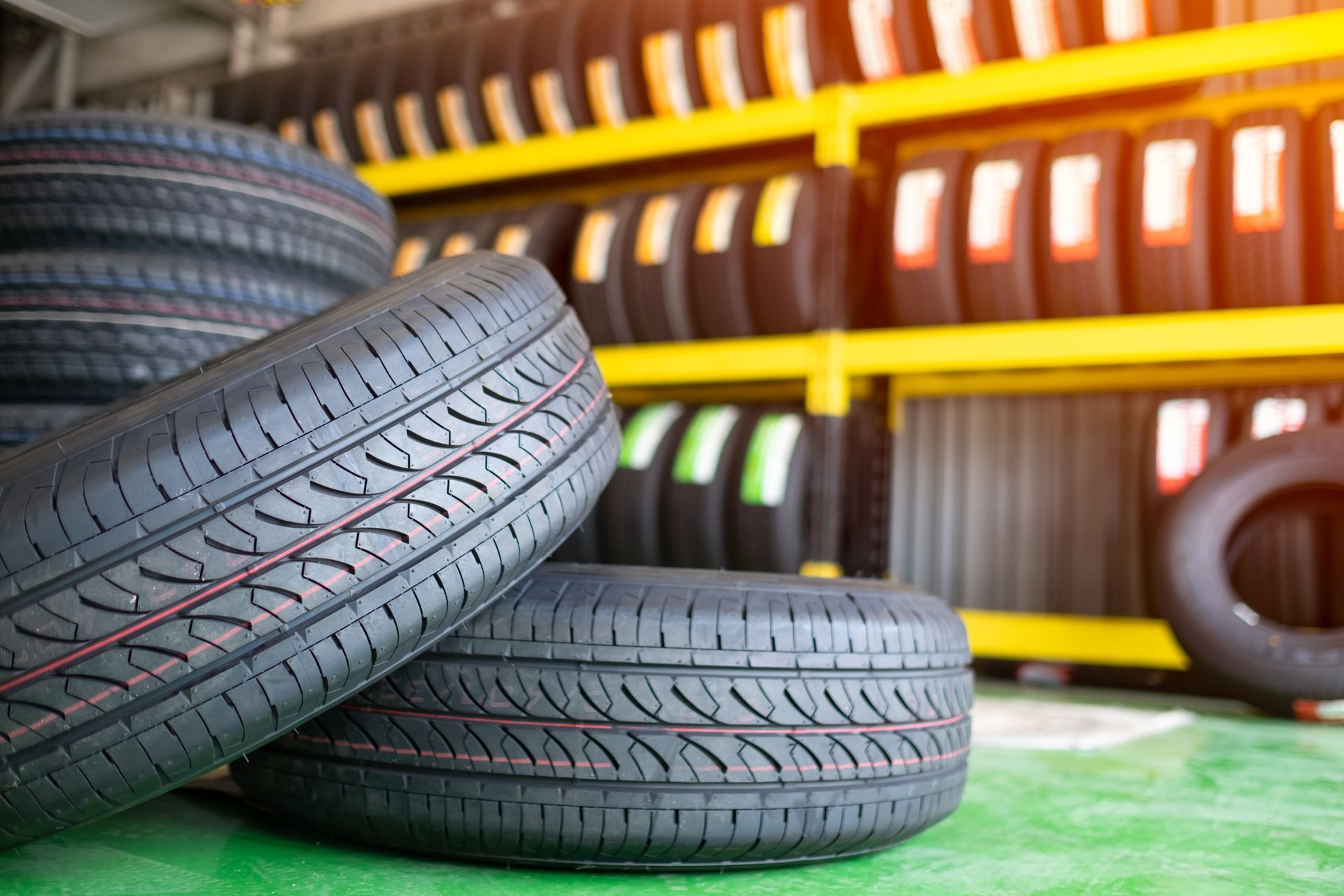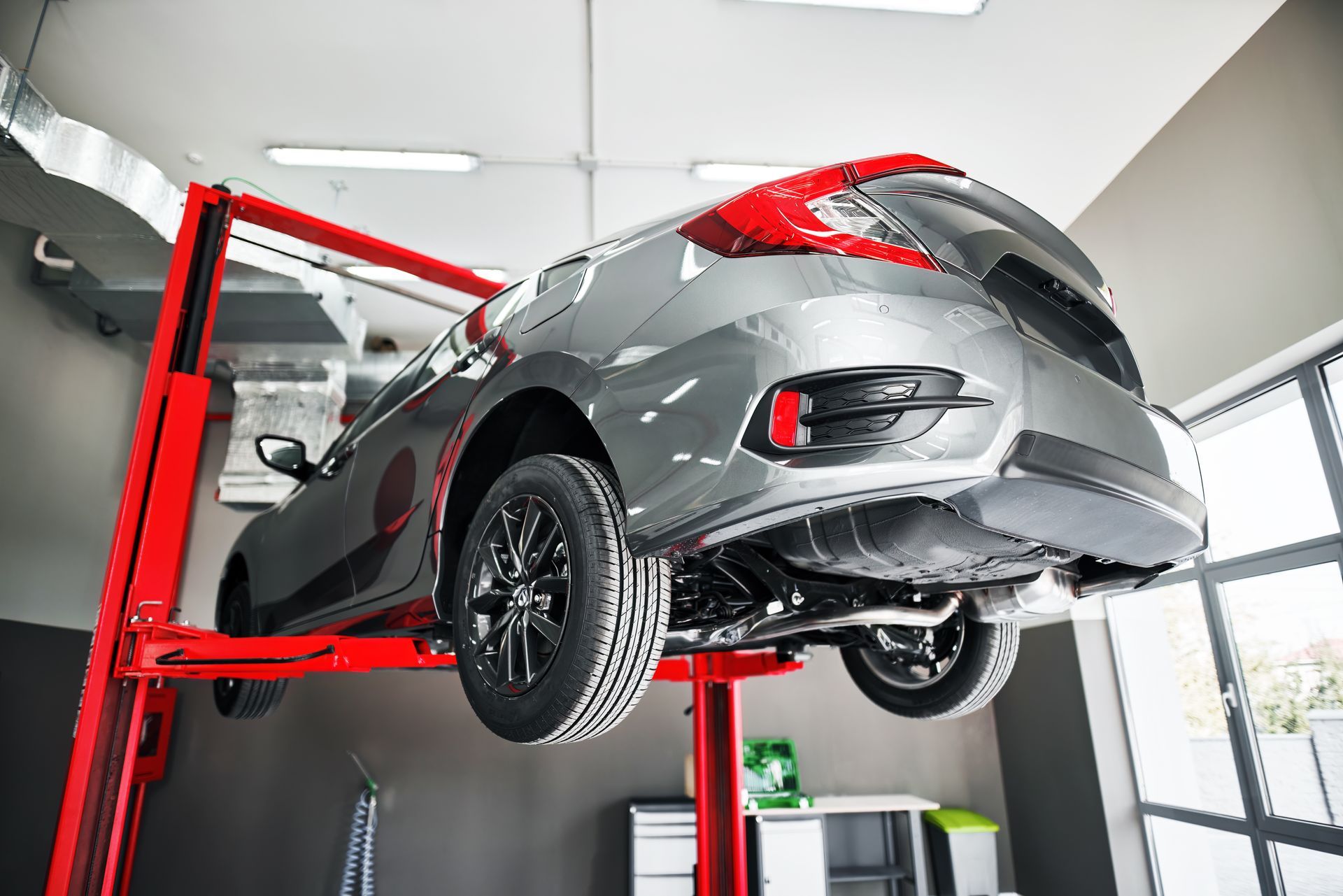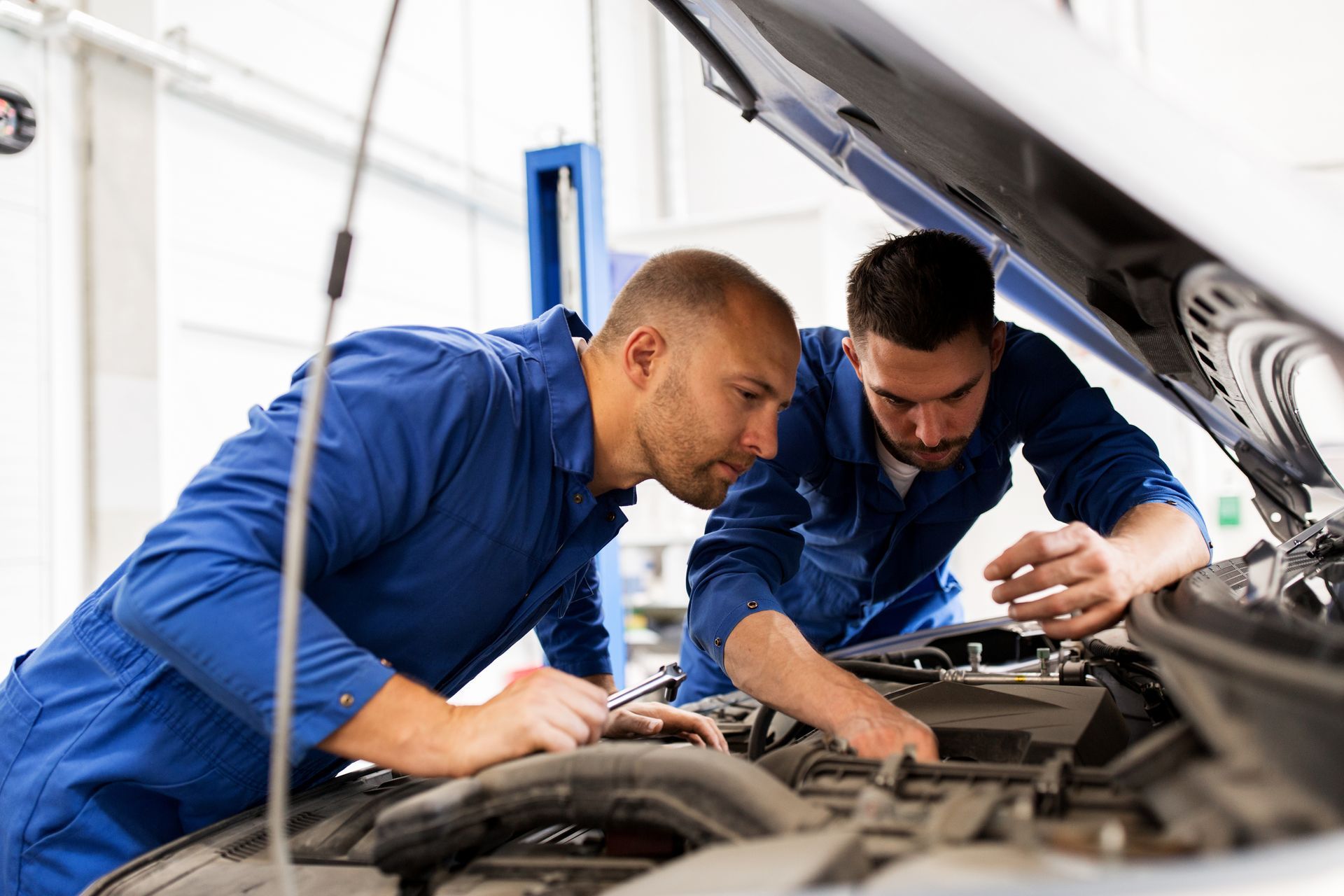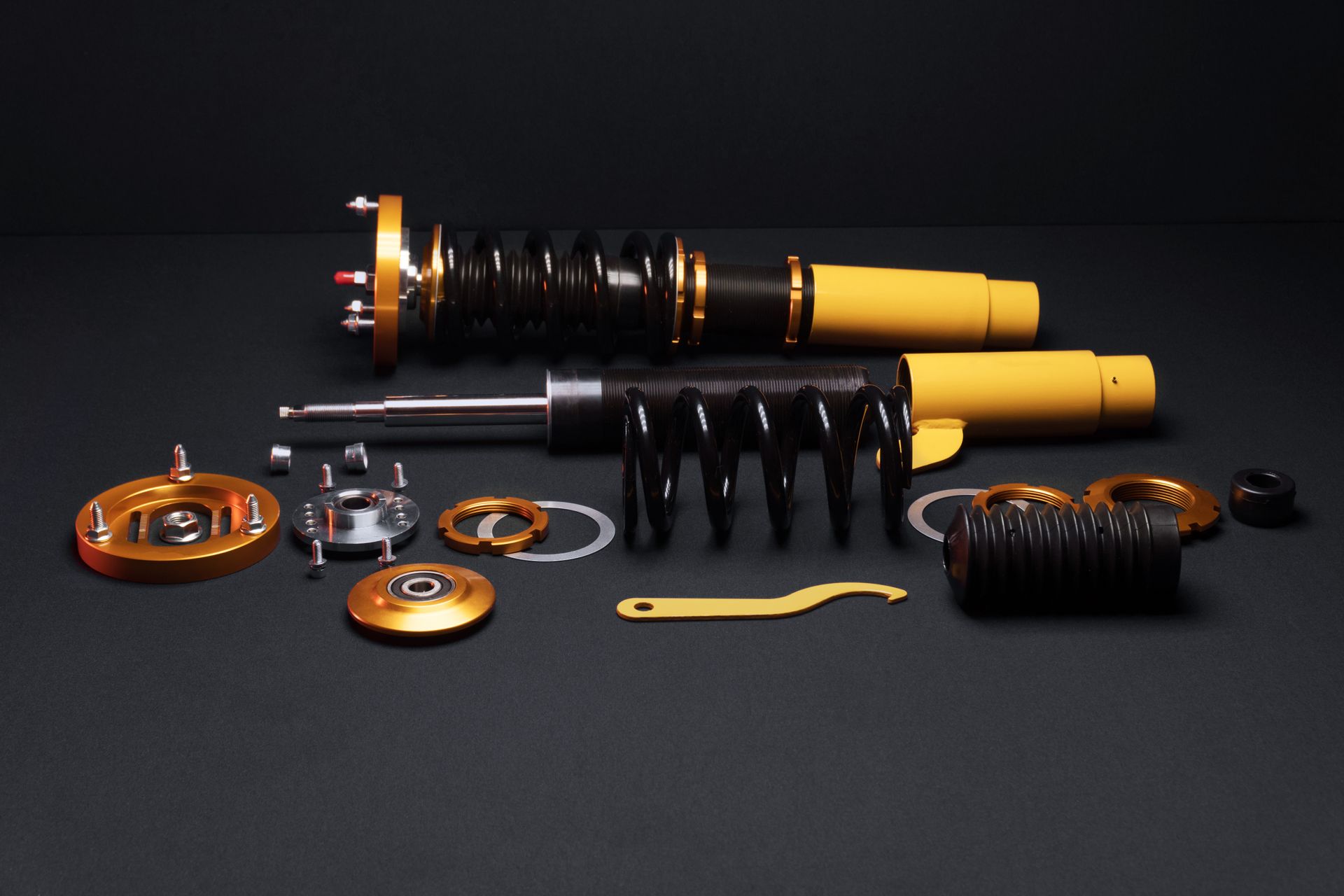Loading ...
Missing business hours data / Error occurred while getting the data.
Loading ...
Missing business hours data / Error occurred while getting the data.
Braking News: Pro Tips for Maintaining Your Car's Brake System
November 29, 2024
When it comes to your vehicle, nothing is more critical than your brakes. They are the guardians of your safety on the road, providing the stopping power that we often take for granted. Brake maintenance may not always be at the forefront of your mind, especially when your schedule is filled with daily commutes, school runs, and weekend road trips. However, neglecting your brakes can lead to costly repairs and, more importantly, can jeopardize your safety. So, what do you need to know to keep your brake system in excellent condition?
Why Brake Maintenance Is Non-Negotiable
Your car’s brake system is a complex network of components that need to work together seamlessly to bring your vehicle to a safe stop. Each part plays a vital role in ensuring your car responds when you hit the brake pedal, from the brake pads to the rotors and calipers. But here’s the thing—like any other part of your vehicle, brakes wear out over time. The more you drive, the more stress you put on your brake system, especially in stop-and-go traffic or during those sudden emergency stops.
Neglecting brake maintenance can lead to several issues, such as worn-out brake pads, damaged rotors, or even brake fluid leaks. These problems don’t just impact your car’s performance; they can turn into serious safety risks. Imagine not being able to stop in time because your brakes failed—it's a scary thought, right? That’s why regular brake inspections and maintenance are essential.
Recognizing the Signs of Brake Wear
How do you know when your brakes are in trouble? Your car often gives you subtle (and not-so-subtle) hints that something’s wrong. Paying attention to these signs can save you from unexpected repairs and keep you safe on the road.
Squeaking or Squealing Noises
If you hear a high-pitched squeal when you apply the brakes, it's usually a sign that your brake pads are worn out. Most brake pads are designed with a wear indicator that makes this sound to alert you that it’s time for a replacement.
Grinding Sound
This is a more serious sign that your brake pads are completely worn down, and the metal part of the brake pad is now scraping against the rotor. At this point, you’ll likely need both new pads and rotor resurfacing or replacement.
Vibrations When Braking
If your steering wheel shakes or vibrates when you apply the brakes, it could indicate warped rotors. This often happens if your brakes get too hot, which can be a result of heavy braking over time.
Soft or Spongy Brake Pedal
If your brake pedal feels soft or you have to press it further to the floor to stop your car, you might have an issue with your brake fluid or air in the brake lines. This is not something to ignore, as it can severely impact your braking efficiency.
Brake Warning Light
This one’s a no-brainer. If the brake warning light on your dashboard comes on, it’s a clear signal that your brake system needs immediate attention.
The Importance of Regular Brake Inspections
Regular brake inspections are crucial to catching issues before they turn into major problems. Experts recommend checking your brakes every 10,000 to 12,000 miles or at least once a year, depending on your driving habits. During a brake inspection, a professional will look at the condition of your brake pads, rotors, calipers, and brake fluid levels to ensure everything is in working order.
Keep in mind that your driving style plays a huge role in how often you need to service your brakes. For example, if you frequently drive in heavy traffic, hilly areas, or if you’re often towing heavy loads, your brakes will wear out faster.
DIY Brake Maintenance Tips
While it’s always best to leave complex brake repairs to the professionals, there are a few things you can do yourself to prolong the life of your brake system:
Check Your Brake Fluid
Brake fluid is the lifeblood of your brake system. It helps transfer the force from your foot on the pedal to the brakes themselves. Over time, brake fluid can become contaminated or low, affecting your car’s ability to stop. Make it a habit to check your brake fluid levels and top off if necessary.
Listen to Your Brakes
As we mentioned earlier, unusual sounds like squealing or grinding are telltale signs that something’s wrong. Don’t ignore them! Addressing brake issues early can prevent more extensive (and expensive) repairs down the road.
Practice Good Driving Habits
Avoid riding your brakes or coming to abrupt stops whenever possible. Instead, practice coasting to slow down gradually before applying the brakes. This simple habit can reduce wear on your brake pads and extend their lifespan.
Why You Shouldn’t Ignore Brake Problems
Car repairs are rarely anyone’s idea of fun. It’s easy to put off that brake check, thinking you’ll get to it later. But when it comes to your brakes, procrastination can cost you. Not only can delaying repairs lead to more expensive fixes down the line, but it also puts your safety at risk.
Remember, your brakes are your car’s most important safety feature. Keeping them in good working condition ensures you, your passengers, and other drivers on the road stay safe. So, don’t wait for that squeak to turn into a grinding noise—get your brakes checked before it’s too late.
Don’t compromise on safety! If your brakes are making strange noises or feel off, let
A2B Euro Car Repair thoroughly inspect them. Book your appointment today!
Loading ...
Missing business hours data / Error occurred while getting the data.
A2B Euro Car Repair 215 NJ-10 Building 3, Unit 5 Randolph, NJ 07869 (862) 254-2345

